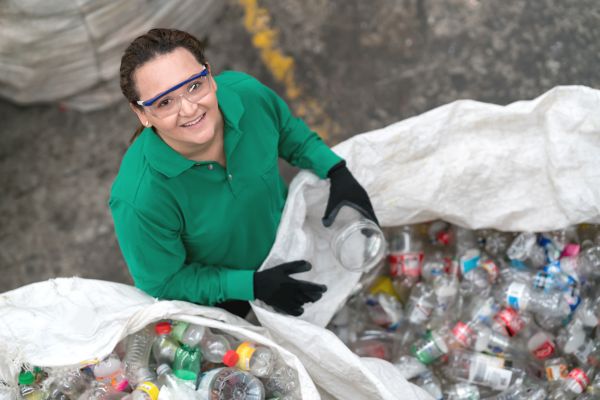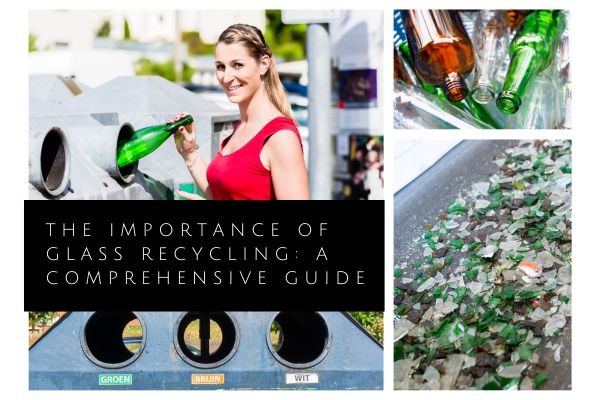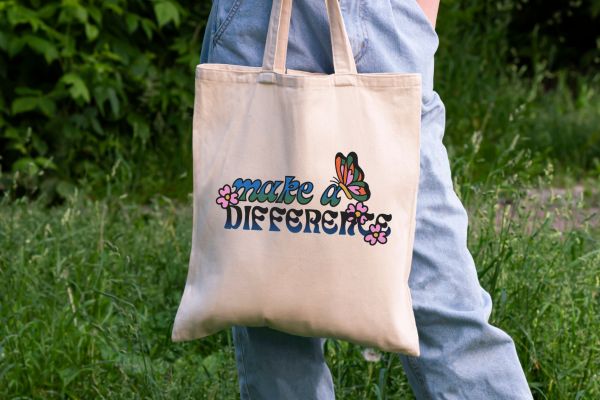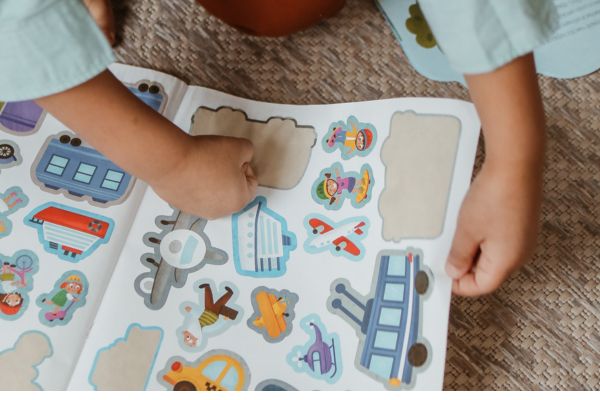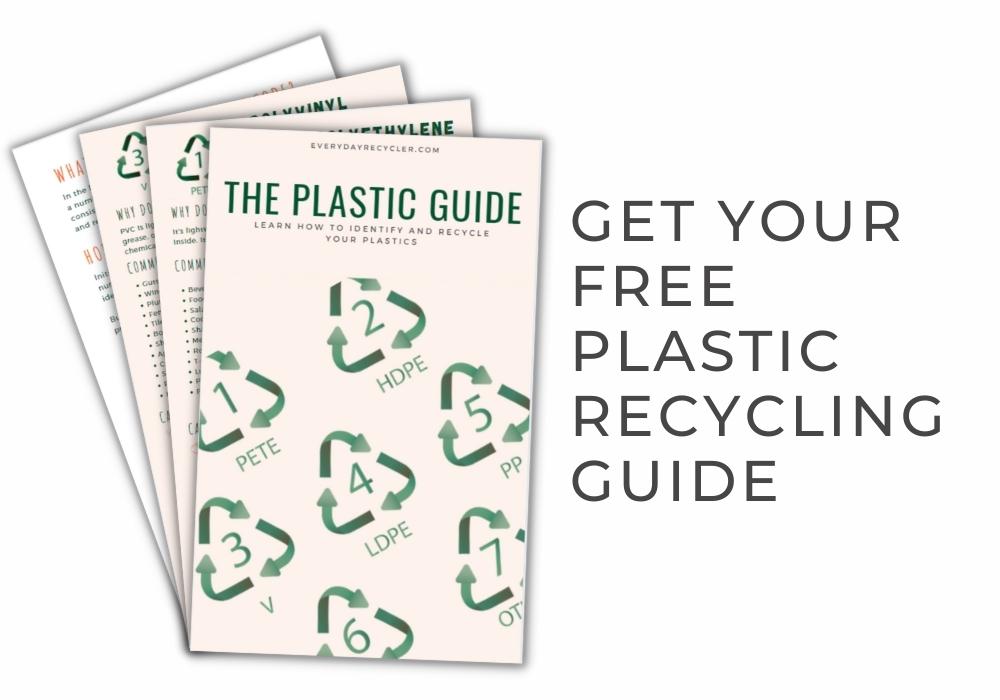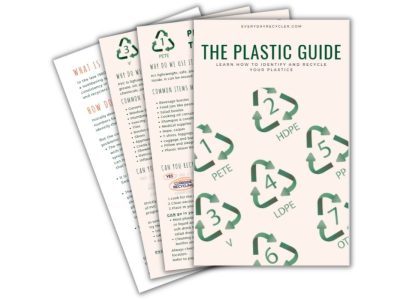In an era where environmental consciousness is paramount, the role of women in waste has emerged as a powerful force for positive change. Historically, women have been at the forefront of societal transformations, and today, their influence extends into the realm of sustainable living.
This article delves into the multifaceted ways in which women contribute to waste reduction and recycling efforts, exploring their impact on both local and global scales.
Sustainable Practices at Home
Women play a pivotal role in shaping household behaviors and choices, directly impacting waste generation. From adopting zero-waste lifestyles to embracing eco-friendly alternatives, women often lead by example within their families. By promoting practices such as composting, reducing single-use plastics, and choosing sustainable products, they contribute to a significant decrease in household waste.
Moreover, women are often the primary decision-makers when it comes to grocery shopping and daily consumption choices. Their preferences for products with minimal packaging, reusable options, and environmentally friendly materials can drive market demand toward more sustainable practices.
Community Engagement and Advocacy
Beyond the confines of their homes, women are actively involved in community engagement and environmental advocacy. Women-led community groups and organizations often spearhead recycling initiatives, organize clean-up campaigns, and educate communities about the importance of waste reduction. These efforts contribute not only to cleaner local environments but also foster a sense of collective responsibility for the planet.
Women’s voices are increasingly influential in environmental activism, with many advocating for policies that promote recycling and regulate waste management. Through grassroots movements and lobbying efforts, women amplify the urgency of addressing environmental challenges, making them instrumental in driving systemic change.
Entrepreneurship in the Circular Economy
Women entrepreneurs are making significant strides in the circular economy, creating businesses that prioritize sustainability and waste reduction. From upcycling ventures to eco-friendly product lines, these enterprises often prioritize environmentally conscious practices. Women-led startups are not only reshaping industries but also inspiring a new generation of businesses to prioritize the triple bottom line—people, planet, and profit.
The circular economy, which emphasizes reducing, reusing, and recycling resources, aligns with many women entrepreneurs’ values. By creating products and services that minimize waste and environmental impact, these women contribute to a more sustainable economic model.
Innovations in Waste Management
Women are increasingly involved in innovating waste management processes and technologies. Whether it’s developing new methods for recycling, creating sustainable packaging solutions, or implementing smart waste monitoring systems, women are at the forefront of technological advancements aimed at reducing waste and promoting recycling.
Their contributions extend beyond traditional waste management, encompassing fields such as sustainable architecture and design. Women architects and designers are pioneering eco-friendly building materials, emphasizing recyclability and minimizing environmental impact in construction projects.
Education and Empowerment
Education plays a crucial role in fostering a mindset of waste reduction and recycling. Women, as educators and influencers, are actively engaged in spreading awareness about environmental issues. From teaching sustainable practices in schools to organizing workshops and seminars, they contribute to building a generation that values and prioritizes eco-friendly behaviors.
Moreover, empowering women with knowledge and skills in waste management creates a ripple effect in communities. By providing training on recycling techniques, waste segregation, and sustainable living practices, women empower others to take an active role in reducing their ecological footprint.
Final thoughts:
In the ongoing global efforts to address environmental challenges, the role of women in reducing waste and promoting recycling cannot be overstated. Their influence spans across various domains, from shaping household behaviors to leading community initiatives, advocating for policy changes, and driving innovation in waste management.
As women continue to assert their presence in these critical areas, their collective impact becomes a driving force for positive change. By recognizing and supporting the contributions of women in the sustainability movement, and in particular, the role of women in waste management, we can foster a more inclusive and effective approach to building a resilient and environmentally conscious future for generations to come.
Here’s some more reading about women in the waste industry:


